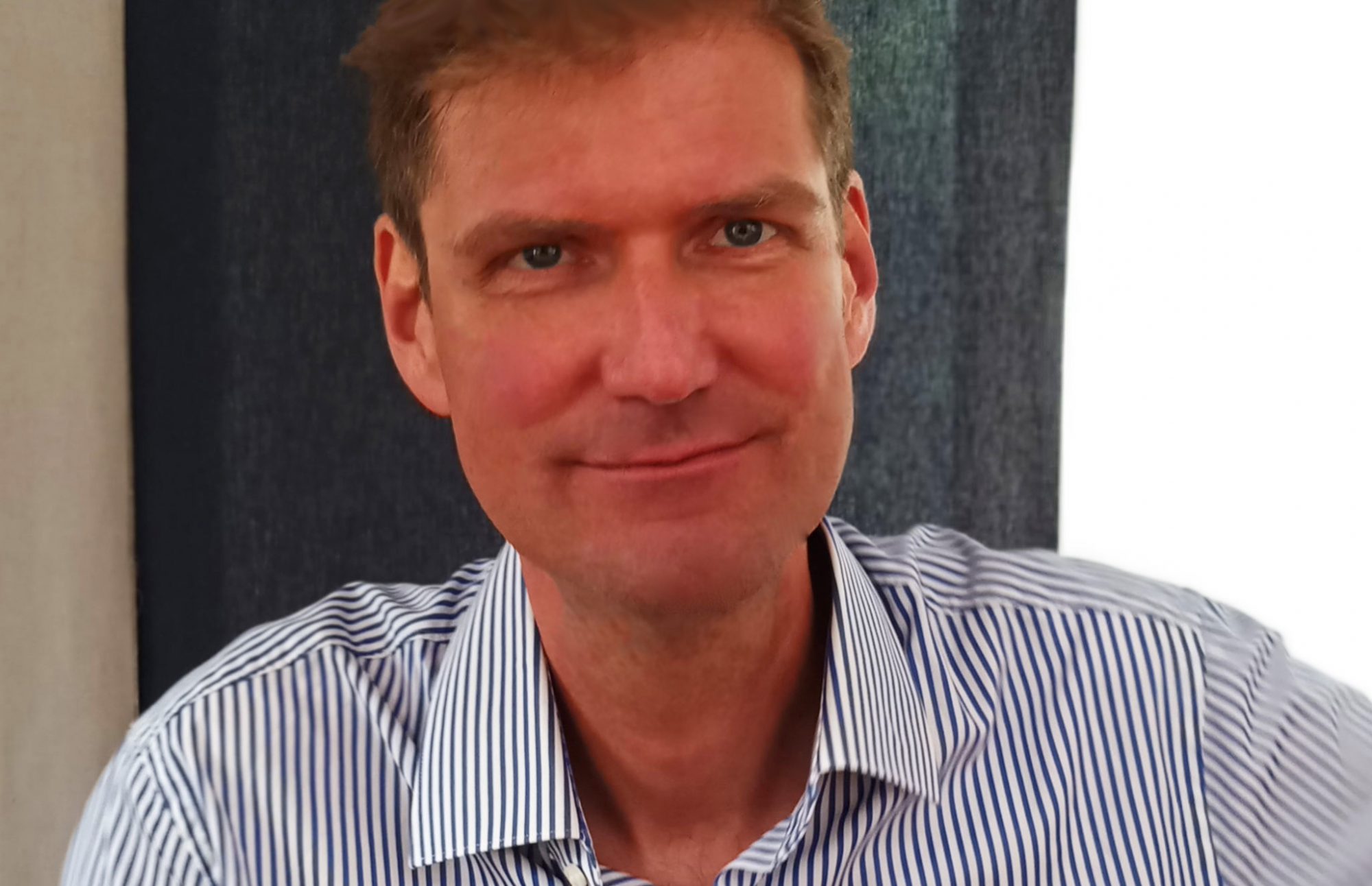One of Robert’s main interests is science. How do we learn about the world as much and as quick as possible?
Robert assumes there is only one true world out there. We may or may not observe this world personally or partly. Our observations give us the only clues we have. Each one of us is trying to build a model of how the world works using their own observations and thoughts.
There is one basic truth: “I think therefore I am”
After that, we mostly need to guess. It appears so much knowledge has already been found, that one human cannot start with the buildup of a knowledge base from scratch (as Descartes tried to do). We need to “stand on the shoulders” of our predecessors. Therefore scientific methodology and scientific history become interesting.
The central question remaining “what is most true?”
That is to say, which facts/theories align most to the one reality, which we unfortunatelly cannot directly observe?
History shows us that assumed truths have not always turned out to be true. History shows us that some weird and unbelievable ideas have over time turned out to be true (for now…). History shows us that many people can believe in “truths” for a long time after facts to the contrary have turned up. Mass delusion.
For this reason, Robert is very interested in scientific methodology.
Robert believes that science made a major leap forward during the industrial revolution. It started to be called “technology”. The development of technology gave traditional science insights and information it had not had for a thousand years. The technological (and democratic) methodology turned out to be more powerful.
For more insights and maybe some thought leadership, you can visit Robert’s falsificator site.
